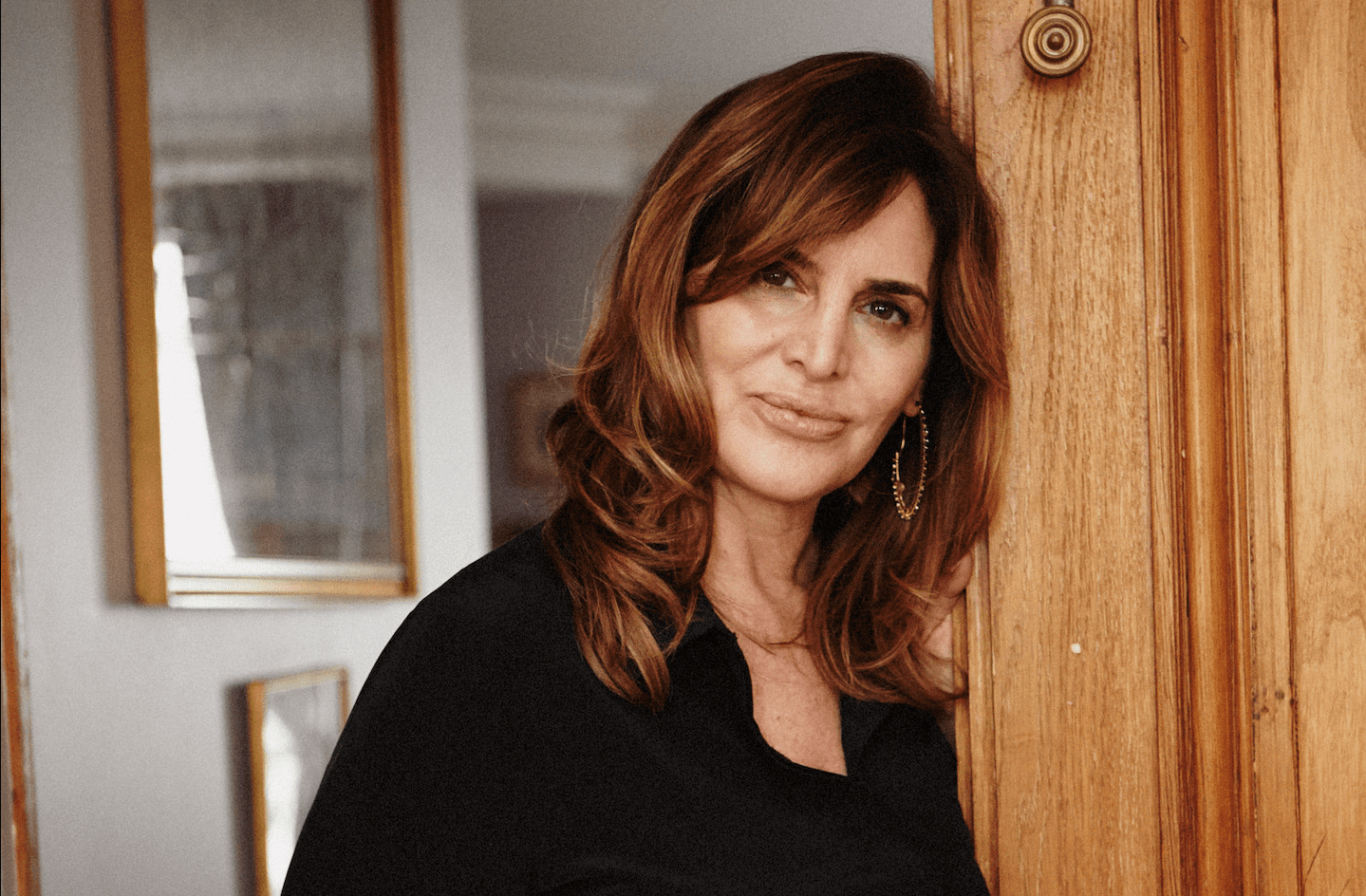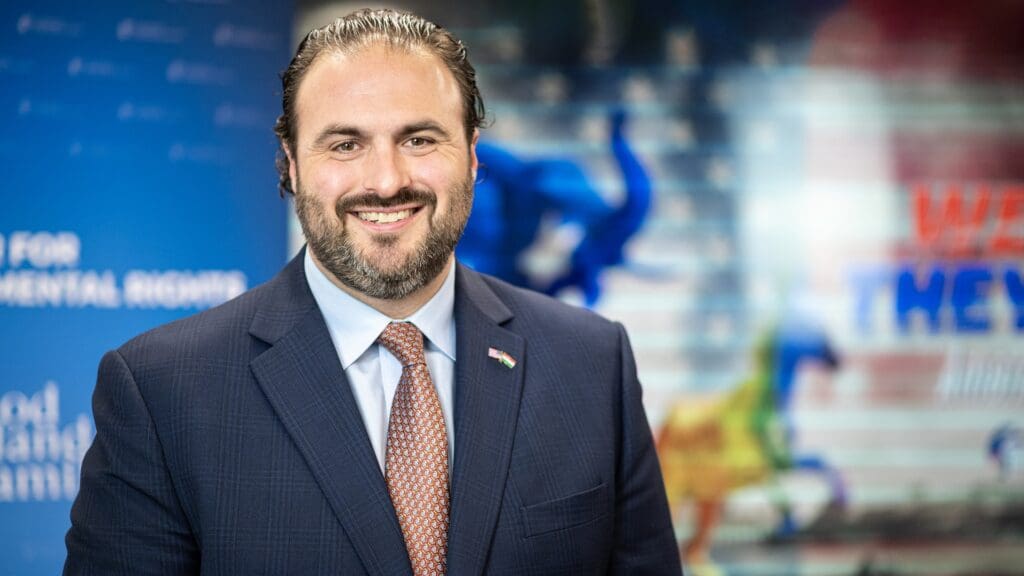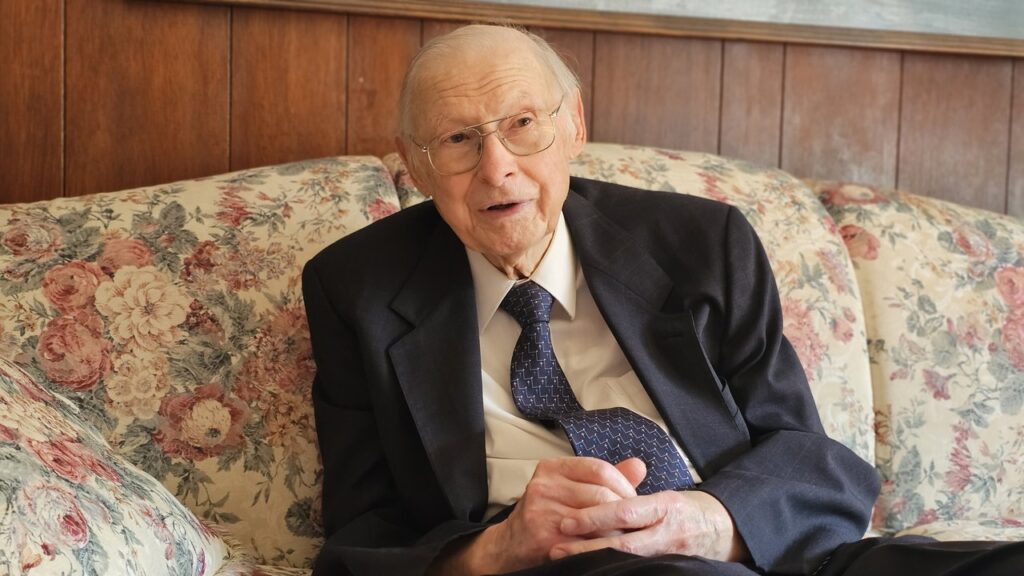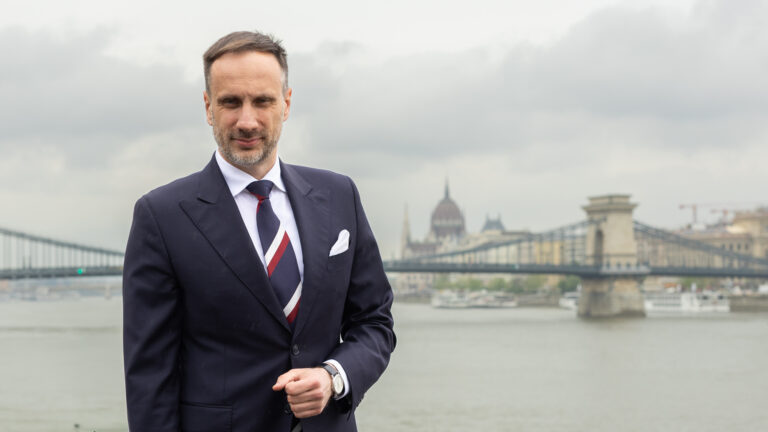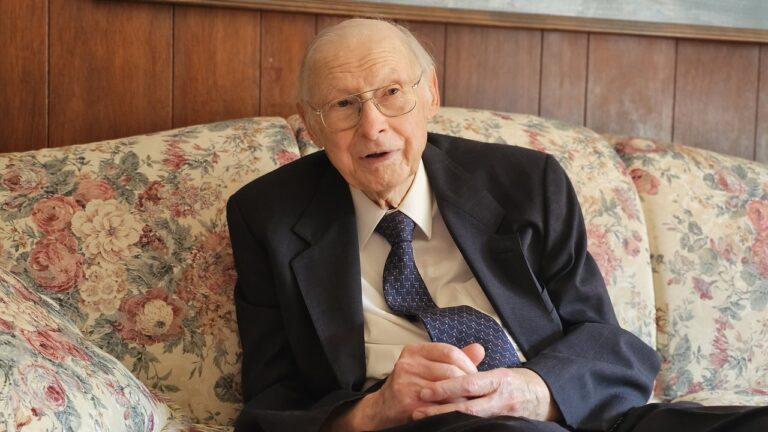Janine di Giovanni was a war reporter for nearly three decades. She is the winner of a 2019 Guggenheim Fellowship and in 2020 was awarded the Blake-Dodd Prize from the American Academy of Arts and Letters for her lifetime achievement in non-fiction. She has won more than a dozen other international awards. She is a Senior Fellow at Yale University’s Jackson Institute for Global Affairs and a former Edward R. Murrow Fellow at the Council on Foreign Relations in New York City. She is a columnist for Foreign Policy and The National. She has written and reported from the Balkans, Africa, and the Middle East, where she witnessed the siege of Sarajevo, the fall of Grozny, and the genocides of Srebrenica and Rwanda in 1994, as well as more than a dozen other active conflicts. She has published eight other books. She lives between Manhattan and Paris and has one child.
In your book titled The Vanishing: Faith, Loss, and the Twilight of Christianity in the Land of the Prophets, you mentioned that you have a deep connection to faith and Christianity. What aroused your interest in the burning issue of disappearing Christian communities in the ancient biblical lands in the Middle East?
I first became aware of it when I went to work in Iraq in 2003 during the American invasion. Then I first started to go to the Christian villages in the north of Mosul in Nineveh, and I was struck by the intensity of their faith and history and how incredibly connected they were to this ancient biblical land. Having been raised as a Roman Catholic, it resonated with me; their rituals and language –because they speak Aramaic– is something that is very special. So, it was very touching for me to see how deeply they were connected to the land where the Prophets had been. Their situation became much worse in 2014 when the Islamic State took over their villages, and they were driven out of their homes. I think by then, it was apparent to me that they had this incredible capacity for resilience and how determined they were to stay in their ancient lands. Even though ISIS left in 2016, they have faced many challenges ever since. Firstly, the issue of economics is terrible for them as they can’t really find workplaces in their country. Also, there is the problem of climate change which affects them deeply; furthermore, they still have an ongoing fear from Islamic groups. Though in each country, there are different problems with what the Christian communities have to deal with. The challenges in Iraq aren’t the same as the challenges of Egypt that are also significantly different from what is happening in the Gaza Strip. Though each of them is faced with the general concern that their numbers are wildly dropping in the region. It’s very hard to imagine for us who can go to church when we feel like it and want to, that there are people who can’t have that free choice. For instance, many churches are locked up in the Upper Egyptian Minya province and Christians can’t go into them. In some cases, their churches were burned down, which is so challenging for them as, according to the Egyptian law, Christians cannot build new churches in the country. So, the persecution of Christians in these places is an ongoing phenomenon and seeing that deeply moved and touched me.
When did you decide to write a book about it?
In 2016, I’d written a book about the war in Syria in which I had gone very deeply into how it affected people there. When ISIS came to the region, they ultimately displaced the Christians in Iraq and parts of Syria. So, I almost felt that I had to write this as the second part of that book. It also became a very interior journey for me as I said, I had been raised as a Roman Catholic, so I felt that writing a book about this topic is very important. I was writing it during the COVID-19 pandemic, and I genuinely think that the lockdown was very interesting in terms of faith because people couldn’t go to services and gather on a weekly basis as all churches were closed. It was hard as it is really important for Christian communities to gather together and worship God. So, the pandemic reminded me of the isolation that persecuted Christians feel all the time. Therefore, I decided to write this book as a document of these people who in 100 years might be entirely eradicated from their homes. I also wanted to write it as a kind of testimony and a sort of personal memoir.
From your book, we can see that you have plenty of fieldwork experience. Wasn’t it frightening to visit these dangerous places as a woman and mother?
The Islamic State made it very clear that what they would do to journalists and reporters, and academics is kidnap them and hold them hostage until their governments pay money for them
First of all, I think it’s really important to do fieldwork. Many academics only write from their desk and occasionally take a quick trip and talk to a few officials and that’s it. I think it’s essential to spend more time doing fieldwork, especially with these communities, as many of their stories are still unknown because they cannot tell them unless we make these trips and contact them. However, it has become increasingly dangerous to do this kind of work as a woman, especially with the rise of kidnappings. The Islamic State made it very clear that what they would do to journalists and reporters, and academics is kidnap them and hold them hostage until their governments pay money for them to be released and if they wouldn’t pay, they would kill them. It has changed radically from when I started working in the Balkans during the civil war in Bosnia. At that time, it was dangerous to go on fieldwork trips because you might get shot at but now it is dangerous because you might get kidnapped. So, that’s a very heavy price to pay for just trying to do your job. However, I think there’s always a tear for every working woman. Whether you’re working in Syria or an office in Budapest, you have a kind of constant guilt and juggling as you’re trying to make both pieces of your life work. I think that is something that every woman who works has to deal with. Becoming a mother was really important to me and of course it was hard when my son was little, because every time I would come back, he would have grown or changed. However, I think that I did a good job of balancing it. My son is going to be eighteen years old very soon, and he’s very loved and also proud of the work I do, which I think also gives a message to him that strong, accomplished, working women are influential. Being a woman working in the Middle East is also very interesting because you have countries like Afghanistan where women are thought of as nothing more than cattle – in fact, cattle have a higher position than women. That is interesting, especially if you come from a Western or an advanced country where women are more or less equal. Of course, there were times when people wouldn’t talk to me or where they degraded me, but overall, I found that being a woman could sometimes help me get into places or talk my way into an interview.
Can you still make contact with the Christians you spoke with during your fieldwork, or are they able to reach out to you?
Yes, with some of them, though many people have been displaced since then. As I mentioned, in 2014, when ISIS came, people were forced out of their villages, so they are now either in different places, or have gone back to try to rebuild their churches, factories and homes. I have been in touch with the Archbishop of Canterbury in England and with people from the Vatican to keep up the discussion about the more significant issue of how we protect these people. I think what persecuted Christians need is protection to survive and remain in their ancestral lands.
You mentioned in your book that many Christians who live in countries where they are persecuted often support their authoritarian leaders who oppress them. Why do you think Christians have to do that?
Yes, it’s an interesting phenomenon. Generally, Christians are minorities in these countries. Christians have found some protection under dictators in Iraq, Syria and Egypt. Even Saddam Hussein gave some protection to Christians. They felt that they would have some sort of support by giving him their vote. The same happened in Egypt under Mubarak and in Syria, where many of the Christians I spoke to support Bashar al-Assad. The reason for that was mainly that Christians were afraid of Islamists taking over. Their big concern was that more radical Islamist groups would rise who would drive them out. So, in a sense, I think it’s because they rather support their authoritarian leaders whom they know, rather than have some unknown people in power who might persecute them more.
In your latest interview with Al-Monitor, you mentioned that many people in the US and Europe aren’t aware that Christian communities might disappear from the Middle East in a few decades. It might be because the western mainstream media tends to turn a blind eye and don’t report as much about what’s happening to persecuted Christian around the world. Why do you think that the burning issue of Christian persecution is not a hot topic?
You’re right. I do think that a lot of people don’t know about it. While the US isn’t a Christian country like France or Spain, it does have a Christian majority, and yet many American Christians have no idea that there are Christians in the Middle East. I remember having a conversation with an American Christian who didn’t even know that Jesus Christ was a Jew. So, there’s definitely a real lack of awareness. At the time of ISIS, there was much more focus on what was happening to the Yazidis, which was interesting as they are a really small minority. But I think it all came down to the fact that there were reporters who took photographs of these people who were being persecuted, and it was a way for the Western media to explain what the Islamic State was. But I completely agree with you. There aren’t enough conferences, initiatives, and governmental policies that would try to do something to protect them or create some kind of security for them.
Do you think the process of Christian communities disappearing from the Middle East can be stopped, or is there no turning back? Is there anything that the UN, NGOs, world leaders and ordinary people could do to prevent it from happening?
I think countries like France do a lot for Christians in reaching out to the churches in Iraq or Syria, and they have historical connections in Syria and Lebanon. I also think that the visit of the Pope last year to Iraq had a huge impact. It was during COVID times, and before vaccination, so their advisors told him not to go there as he is elderly but he still went. He sent the meaningful message to Christians there that they are not alone, that the Vatican knows that they are in this tremendous plight. He even celebrated mass with them and prayed with them that they would not be forgotten. I hope my book is read in countries worldwide because I do believe that people don’t know what is going on. And I haven’t even begun to write about the Christians in Nigeria or Sri Lanka who are extremely persecuted, or about Christians in other parts of the world where they’re terribly persecuted. Again, it is just so easy for us to go to church in western countries, but if you live in a very small town in Upper Egypt and want to go to a church, you would get there and find a padlock on the door. It’s dangerous for them to even pray with people in their homes. Also, Christians who live in such villages are so discriminated against that they often don’t get jobs only because of their beliefs. So, it kind of resembles ancient Roman times and how Christians had to live then. But despite that, even if their numbers are dwindling, they continue to believe. It’s incredibly touching to see how strong their faith is.
In the chapter you wrote about Egypt, you tell a story where you asked a Christian about what it means to him to be Christian, and despite all of his worldly sufferings, he said: ‘It means being free.’ It really touched me. What did you learn, and what do you think Christians and people who care about human rights should learn from persecuted Christians?
Climate change means that these Christians can’t do what they have done for centuries, on the one hand because of climate change, but on the other hand, because ISIS came and burned down their farms and destroyed their irrigation pipes
I think it’s really inspiring that they have this ability to hold on to their faith despite the challenges they face. I also mentioned at the end of my book that nearly every Christian I interviewed said love is the reason why they continued to believe. The only reason why they were able to survive despite all of the armies that tried to destroy them is because of their faith and love. Having that kind of deeply rooted faith is really extraordinary when you are surrounded by people who want to kill you because of what you believe. I think having this kind of strong faith is now essential for them more than ever because other things like climate change also deeply affect Christian communities, as a lot of them, for instance in Iraq, are farmers. Climate change means that these Christians can’t do what they have done for centuries, on the one hand because of climate change, but on the other hand, because ISIS came and burned down their farms and destroyed their irrigation pipes as an act of war. Just imagine if you lived in a village for your entire life where your grandparents and your great grandparents had lived, and then suddenly, an army of ISIS comes through, so you are forced to get in your car in the middle of the night with your family, maybe with your passport –if you’re lucky– and a few pieces of clothing, and you flee without knowing where you’re going. Your home, your church that you left behind, where you were baptized, had your First Holy Communion, and where you got married, is being burned to the ground. Everything that ISIS tried to do was to erase Christian communities from their homelands. Despite all that, continuing to believe takes an incredible amount of perseverance, love and faith. Christians who stayed in Mosul during the ISIS times had two choices: convert to Islam, or die. Some of them refused to convert like Christians during the Roman persecution. I think that kind of strength is extraordinary. We live in times where more and more radical groups are on the rise, so now it is crucial more than ever to do everything in our power to protect these Christians and give them assurances that we know that they’re there, and we do everything we can to preserve their way of life and secure their freedom of speech and religion. It is not sufficient to just to talk and write about it, but also to put real initiatives in place that will protect them.

